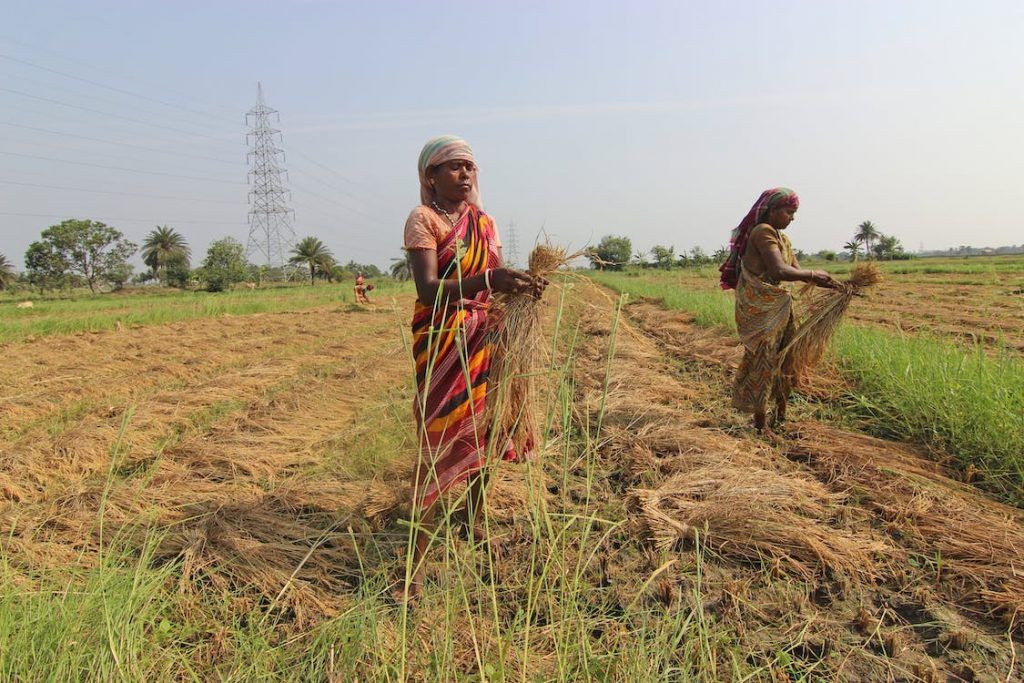The governments of the European Union, Switzerland, the United States, and Paraguay raised questions or expressed concerns about manure purchase supports in India.
On October 12, 2022, India’s Union Council of Ministers approved an additional subsidy of INR 286 billion (USD 3.8 billion) for the kharif season (October 1, 2021 to March 31, 2022) to help farmers cope with rising prices of diammonium phosphate and nitrogen, phosphorus and potassium fertilizers.
In this regard, in the context of the World Trade Organization (WTO) commitments, the European Union representative asked: Can India indicate how much is the initial budget for the fertilizer subsidy, to which this additional INR 286,000 million is added?
The Government of India replied that it is collecting data and a written response to this question will be submitted in due course.
For its part, the representative of Paraguay expressed concern about the increasing use of agricultural subsidies by India, which was the main provider of such subsidies and of which about 27% of the total subsidies had trade distorting effects.
Fertilizer purchases
India was also a major exporter of agricultural products and was among the world’s top 10 exporters of agricultural products, with merchandise trade of around US$40 billion.
In turn, U.S. officials indicated that they had taken note of the revised budget for 2021-2022, which showed that India had earmarked USD 19 billion for various fertilizer programs through the Ministry of Chemicals and Fertilizers.
The US representation expressed concern about India’s input subsidy policies and recalled that input subsidies were among the least effective policies to improve farmers’ incomes and the most trade-distorting policies.
Switzerland indicated that India’s use of about USD 4 billion in supplementary fertilizer subsidies for its agricultural producers could distort the production of kharif crops and have unintended consequences on environmental protection.

